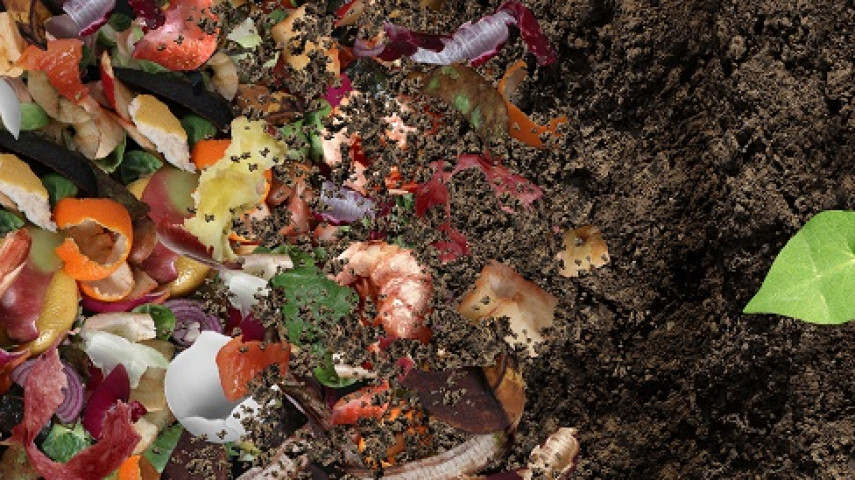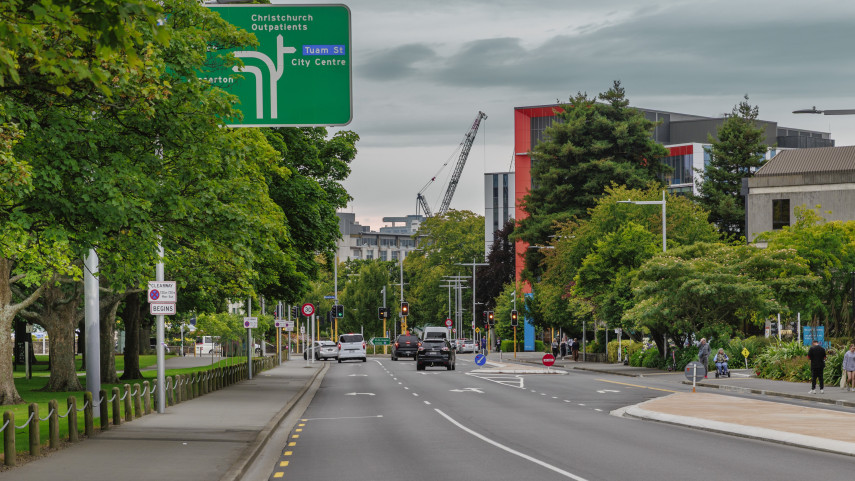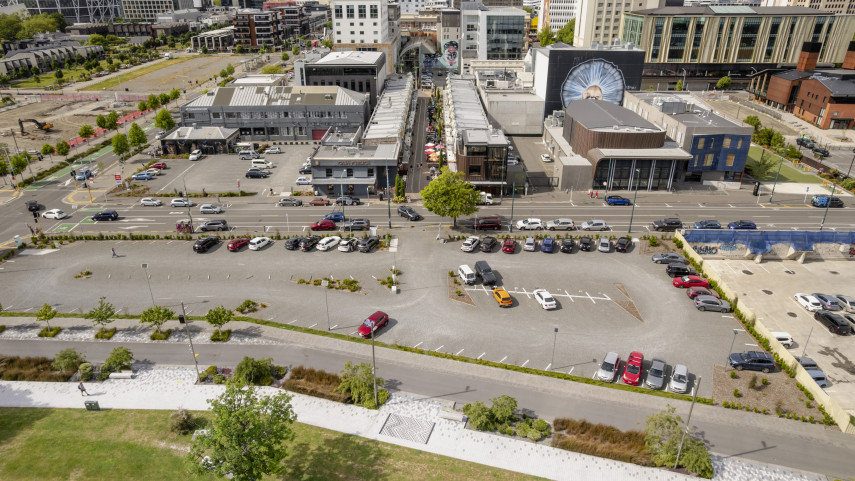Investigate effective waste minimisation and management processes through a visit to a key site in Christchurch.

Book a Learning Through Action school programme
Risk analysis and management information (RAMS) will be sent out once a programme booking is confirmed. If you require this at any other stage please email LTA@ccc.govt.nz or contact us(external link).

| Year level | 3 to 13 |
|---|---|
| Curriculum Level | 2 to 8 |
| Availability | Year-round |
| Times | 9.30 to 11.45am, or 12:15pm to 2.30pm |
| Site | EcoDrop (Metro Place) |
| Cost | Free |
| Number of students | Maximum of 35 |
| Special requirements | Closed in shoes must be worn. |
- Waste minimization and management
- Sustainability
- Personal and social responsibility for action
- Waste hierarchy
- Natural cycles for dealing with waste
- Home and school composting
Students will gain an understanding of the waste hierarchy and effective waste minimisation and management processes.
There will be a strong focus on processing organic waste, which will include an introduction to several composting methods.
Students will learn the benefits of hot heap composting, EM Bokashi and worm farming methods. Proper use of City Council green bins will also be covered.
A visit to view the Transfer station floor gives students a glimpse of the sheer magnitude of items destined for landfill some of which could be recycled or reused.
After learning what happens to the yellow bin contents, students will put their understanding to the test in a challenge to reduce, reuse and recycle rather than dispose of items.
We are learning to:
- organise the key waste actions into a hierarchy order for waste minimisation (the 7Rs)
- understand how Council kerbside collection works and what goes where
- make decisions that result in more sustainable use of our resources
- identify different composting methods, including important ingredients for good composting
- give examples of ways to reduce or reuse.
Using language, symbols and texts
Students will use oral, written and visual texts to interpret key waste concepts and processes.
Thinking
Students will use creative and critical thinking skills to problem-solve and expand knowledge of waste systems, waste minimisations and personal habits.
Managing self
Students will manage their behaviour so as to maximise their learning and that of their peers; recognising they are present at an industrial work site.
Participating and contributing
Students contribute to group tasks and class games (Top of the Pile, Win It or Bin It, The World According to MRF).
|
Curriculum area |
Strand and level |
Objective |
|---|---|---|
|
Science |
Nature of Science Levels 2 to 8 |
Investigating in science Communicating in science Participating and contributing |
|
Living World Levels 2 to 8 |
Life Processes Ecology |
|
|
Technology |
Technological Knowledge Levels 2 to 8 |
Technological Systems, Levels 2-6, 8 Technological Products, Level 7 |
|
Nature of Technology Levels 2 to 8 |
Characteristics of Technology, Levels 2, 4, 6, 7, 8 Characteristics of Technological Outcomes, Levels 3, 5 |
|
|
Social Sciences |
Social Studies Levels 2-5 |
Social Studies, Levels 2-5 Geography, Levels 6, 7, 8 Economics Levels 6, 7 |
Level 1
|
Subject |
Standard |
|---|---|
|
Biology |
1.2 AS90926 1.3 AS90927 |
|
Chemistry |
1.2 AS90931 |
|
Science |
1.11 AS90950 |
|
Generic Technology |
1.5 AS91048 1.7 AS91050 1.8 AS91051 1.9 AS 91052 |
|
Processing Technology |
1.61 AS91083 |
|
Social Studies |
1.4 AS91042 1.5 AS91043 |
Level 2
|
Subject |
Standard |
|---|---|
|
Biology |
2.2 AS91154 2.3 AS91155 2.8 AS 91160 |
|
Chemistry |
2.1 AS91910 2.3 AS91163 |
|
Generic Technology |
2.8 AS91361 2.9 AS91362 2.10 AS91363 |
|
Processing Technologies |
2.61 AS91352 |
|
Social Studies |
2.4 AS91282 |
Level 3
|
Subject |
Standard |
|---|---|
|
Biology |
3.2 AS91602 3.3 AS91603 |
|
Generic Technology |
3.8 AS91615 3.13 AS91618 3.14 AS91619 |
|
Social Studies |
3.1 AS91596 |
Related news

Feedback sought on clearway trial
Christchurch City Council is asking for feedback on the clearway being trialled on Hagley Avenue.
30 Jan 2026
Buskers Festival taking over Christchurch streets
The World Buskers Festival is back this month, bringing wild, world-class street performances to Christchurch.
22 Jan 2026
Plans for New Regent St extension
Pedestrian access from one of the Central City’s favourite attractions – New Regent Street – is set to be extended through to the Ōtakaro Avon River promenade.
3 Dec 2025